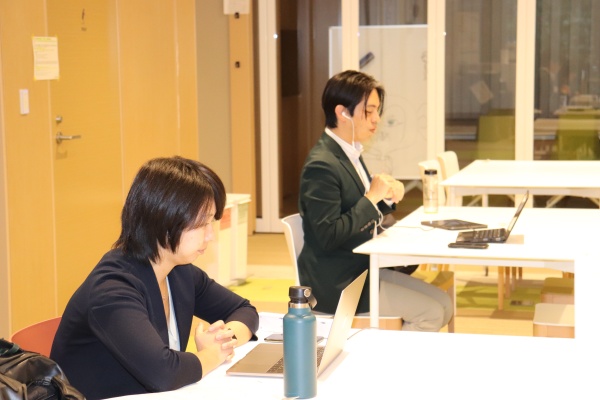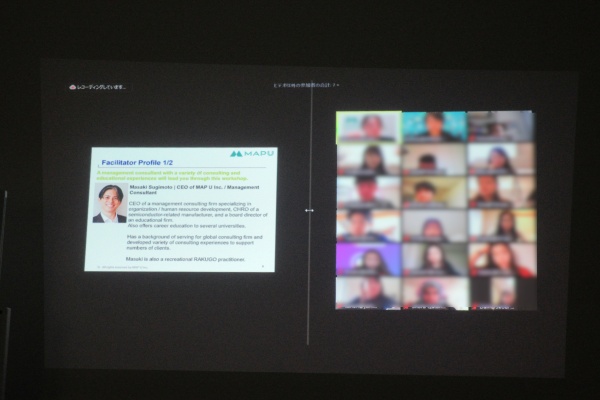Sophia Dormitory Altruist Leadership Development Program
2020 Sophia Dormitory Altruist Leadership Development Program
The VUCA* era makes it extremely difficult to predict the future, that your past experiences and thoughts may not be useful. To be successful in this era, it is essential to gain the skills of outstanding insight and imaginations for highly uncertain future, creating the uniquely value-added problem solving solutions, performing own unique values and yet co-working with others under such diverse environment.
This education program enables to realize Sophia motto “For Others, With Others” and develops people with altruistic leadership. The program is designed with repetitive sessions of basic program (seminars group works etc.) and practical PBL (Problem-Based Learning) program which includes industry-academia collaboration to enhance residents to have clear visions and skills to discover problems in this unpredictable society condition.
*VUCA is an acronym and stands for “Volatility”, “Uncertainty”, “Complexity”, “Ambiguity”.
This word means “unpredictable situation” consisted of various elements.
Basic Program
In the Basic Program, residents learn about a variety of topics each semester, including group work. All residents are welcome to participate in the program, which is conducted in English with Japanese follow-up as needed.
Team Building
It is necessary to learn significance and the method of working in a team as a premise for development of altruistic leadership. With residents connected in an online platform, the First Session of Basic Program “Team Building” was held. This session helps residents to learn about communication skill to form an agreement and establish roles as necessary steps to form a team and be a leader. The residents learnt this via team work by playing game and joining discussion together.
Participant voices
“It was a chance to think about the difference of other’s points of view. I think it is the most important when talking about the method to facilitate the meeting and the administration of organization in a smoother way.”
“The workshop is the biggest motivation for me to apply for the dorm and I was looking forward to it. I participated and found it very interesting!!”
“Via the game, I understand the “process of team building” very clearly. I was very nervous but it was good to talk to Arrupe students. I will participate in the next workshops.”
“What I learn became one of the guidelines in my future way of thinking. In the future, I want to learn more about the way of thinking that I didn’t know and practice those knowledge.”
Communication
To cultivate the altruistic leadership, we need to understand ourselves and others. In the second Basic Program “Communication”, through the social style assessment and discussion, we learned the difference between myself and others, and how to communicate with others to overcome the differences.
Participant voices
“I have rarely thought about what type of person I am. I only roughly looked at others, too. I never thought about changing my communication style depending on the type, but I would like to give a try.”
“From conversations with friends to important presentations, communication with people is essential regardless of scale. This lesson gave me a good perspective on how I should be during communication with people.”
Problem Solving
In demonstrating altruistic leadership, it is necessary to deal with problems that arise. As a method of problem solving, in the third Basic Program “Problem Solving”, we learned hypothetical thinking and zero-based thinking as parts of “logical thinking”, a method of thinking that breaks down and organizes problems to clarify the information and analytical work necessary to test hypotheses and draw conclusions through appropriate judgment.
Participant voices
“I used to think that experience was everything, but now I realize that there are things I can do only because I don’t have experience.”
“Zero-based thinking is a new way of thinking for me, and I was interested in the various interesting products that have been created. I would like to increase the number of places where I can actually output my ideas.”
Be Creative!
To cultivate the altruistic leadership, it is necessary to exert creativity not only by yourself but by using “collective intelligence” which is created by thinking with others as a team. Through the workshops and discussions in the Forth Basic Program “Be creative!”, we learned “design thinking”, which is a thinking method that focuses on humans without being stuck in the common sense of the past.
Participant voices
“I learned how hard it is to find a problem. I must not forget that I can find simpler and cheaper solutions.”
“It was interesting to understand a problem and find various solutions with design thinking. I will try to put out ideas by myself.”
“A phrase that impacted me the most is “fail early, fail often”. I often lose confidence by considering possible judgments that can be made by surrounding people. But I thought rather than obtaining nothing, I should challenge myself to take a step forward to learn something important.”
“I learned that knowing and analyzing the current situation and stating the problem is the most important step to go through, not solving problems. In order to determine what issues we have, people need to think without any prejudice or fixed stereotype. I also realized how important it is to spend time with people from different background, stimulate each other and have flexible viewpoint.”
Discover your journey
In Basic Program Fifth Session “Discover your journey”, the program was designed to help people discover and realize the unknown-“things they want to do” that will become the core of their lives. Through the work and discussions, participants understood the mechanism of motivation and discovered their own “values”.
Participant voices
“I really enjoyed the STEM analysis! It was a great opportunity for me to think about my values, as I had never done so before. It was very interesting to understand my own, as well as other people’s values. It made me think that if I could understand myself and connect my values to my actions, my life would be a lot more fun.”
PBL Program
PBL is referred to as “problem-based learning” that aims to develop students’ ability to discover and solve problems on their own, rather than passive learning such as memorizing knowledge.
・Learn about vision of your future career and growth by engaging with the organizations and people and seeing their realities.
・Learn from success and failure experiences of working independently and exercising leadership.
・Learn about specific thinking and solving methods against problems and obstacles, and understand your own strength and weakness.
Search for a solution
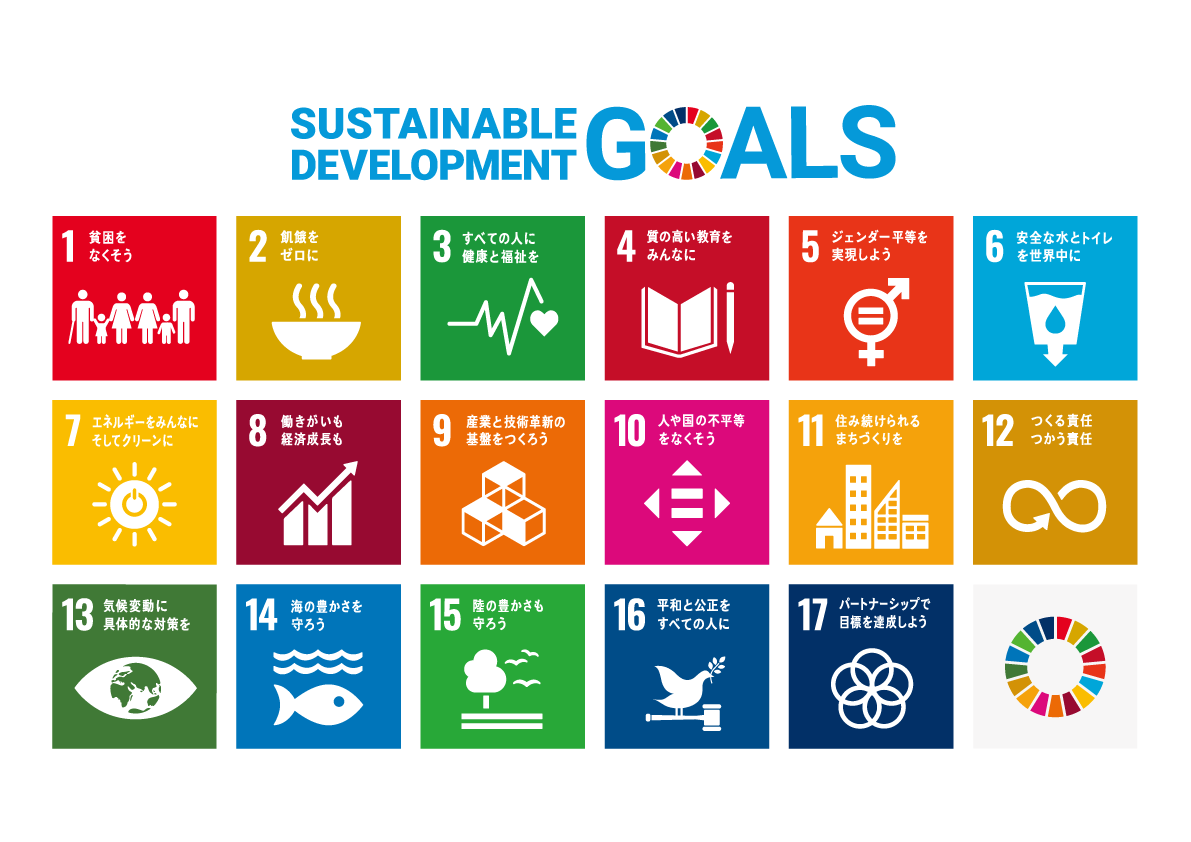
PBL Program (problem-based learning) with the theme of SDGs was implemented. Each of the team chose the topic from 17 SDGs that interested them and tackled familiar issues.
Team A—SDGs Goal1“No Poverty”
-Purpose of Activity
We want to make good use of our actions to reduce the poverty rate in the world as much as possible.
-Content
We have interviewed people working in the field and posted information on Instagram and Facebook on every Tuesday and Saturday.
-Comment from members
・I think we made a good choice to do our project using SNS (Instagram) since the number of COVID-19 cases increased.
・I thought “skills to involve people” in our project was demanding. However, by involving outsiders, we were able to learn more and it also helped to spread our project to more people.
・Through this project, not only did I learn about poverty, but I learned about the importance of teamwork and skills to manage projects.
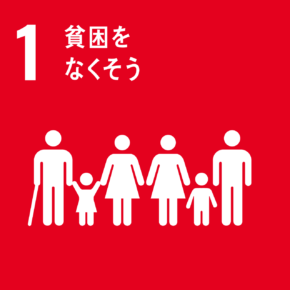
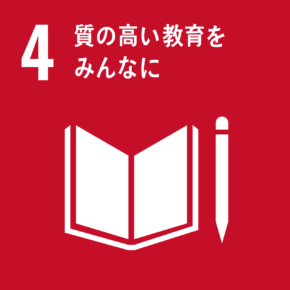
Team B—SDGs Goal 4 “High quality education to all”
-Purpose of Activity
What we need now is to create an opportunity to get to know the SDGs. We think it will lead to high quality education.
-Content
The project targeted Japanese students.First, we talked with our own high school and held SDGs class at schools that could cooperate with us. For these classes, we made picture book by ourselves for students to get interested in it.
-Comment from members
・PBL program was a great opportunity for me to learn how to push our project forward.
・We had many negotiations with schools, but the most difficult part was consistency.
・I learned practically how to build a plan and put it into action. The learning in the program helped me to be able to negotiate with consistency.
Team C—SDGs Goal 13,15 “Team Plogging”
-Purpose of Activity
Spreading the “Plogging” from Norway, which can be easily tried by everyone even with the limit of what we can do due to COVID-19.
-Content
After creating posters in Japanese and English, we solicited collaborators and had seven collaborators actually experience plogging with us. We also did some plogging ourselves, and two of us collected about 3.2 kg of trash when we plogged from Arrupe International Residence to Sophia University, Yotsuya Campus.
-Comment from members
・I chose plogging as my topic for this PBL program because I thought choosing an activity “whoever” can do easily is important. It is a way to contribute to society that anyone can do and it is good for your health as well.
・Through the PBL program I have gained a new appreciation of the importance of information, communication and discussion to any work involving groups of people.
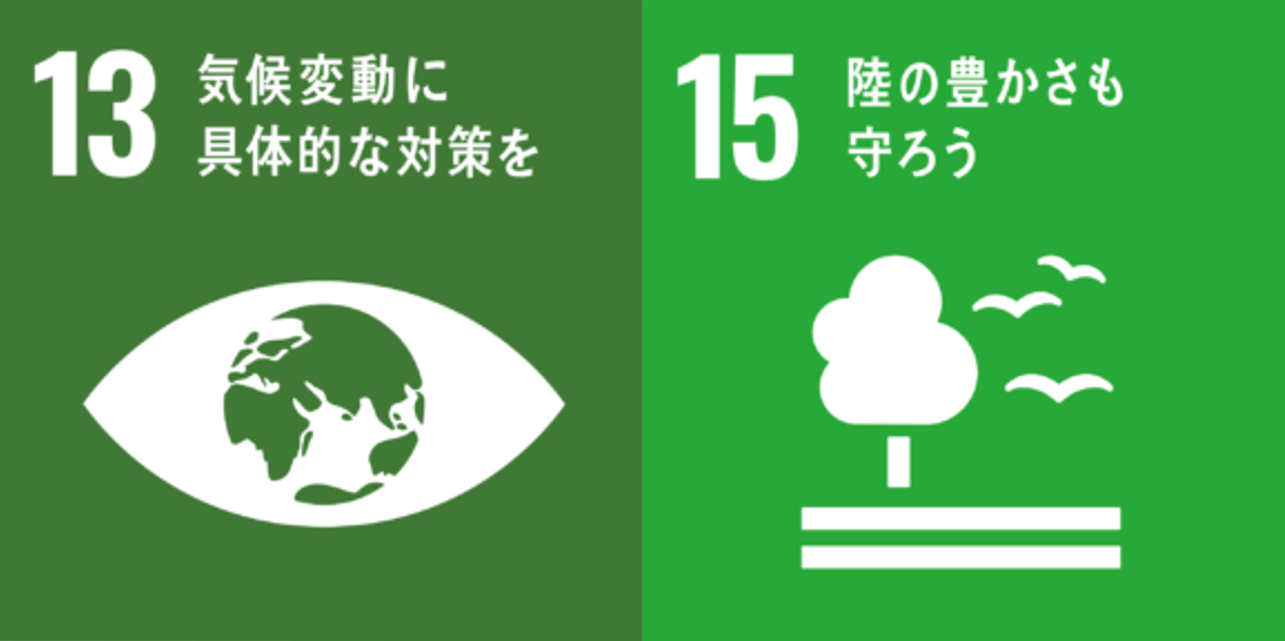
Participant voices
Below is the experience of Erina, a participant of this program. Erina is a member of team 3 (Team A—SDGs Goal1”No poverty”) in the PBL program (Finding Issues). We asked Erina to share her reason for selecting the PBL topic, her reflection and what she learnt from the program.
Inquiries about the
contents of this page
- Department Name
- Center for Student Affairs
- Location
- Bldg.2, 1F
